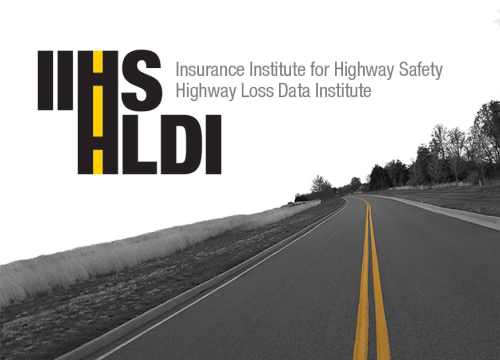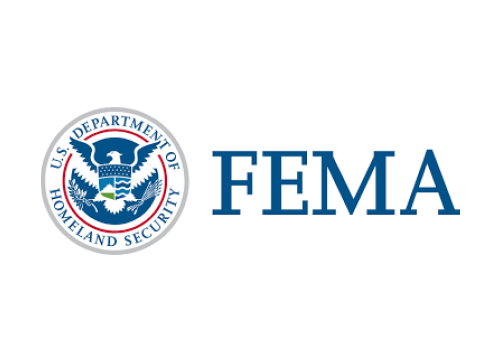Understanding Insurance for Property Line Disputes

Homeownership comes with many responsibilities, including the challenge of navigating insurance coverage and property line disputes. Whether it's dealing with fallen trees, unexpected fires, or flooding, understanding your insurance responsibilities is crucial for financial protection. This blog addresses common questions about homeowners insurance and property boundaries, helping you to be prepared for the unexpected.
Handling Tree Damage Responsibility
One common concern is a tree from a neighbor's property falling onto your home during a storm. Typically, your insurance will cover the damage, unless the tree was dead or in poor health, and the neighbor was aware of this risk. In such cases, their insurance may be held liable for damages.
Insurance for Fire Damage from a Neighbor’s Property
If a fire spreads from a neighbor’s property, homeowners insurance generally covers the damage. However, if the fire resulted from negligence, such as an unattended candle or faulty wiring, your provider might seek reimbursement from the responsible party’s policy.
Addressing Flooding from a Neighbor’s Property
Proving negligence in cases of water damage from poor drainage or landscaping changes can be difficult. It's important to note that standard homeowners insurance usually doesn’t cover flooding; you may need a separate flood insurance policy for such incidents.
Shared Fence Repair Costs
If a shared fence is damaged by a storm, responsibility for repair costs is typically split between both property owners. If, however, one homeowner's actions directly cause the damage, they might be required to cover the full cost themselves.
The Insurance Claims Process
When damage results from a neighbor’s actions, insurers handle claims carefully. Through a process known as subrogation, an insurer may seek reimbursement from the neighbor's insurance if negligence is involved. Without proof of negligence, your own policy typically covers the damages.
In light of these complexities, it's smart to regularly review your insurance policies. Consider adding coverage options like flood insurance for comprehensive protection. Consulting with an insurance professional can help clarify coverage details, giving you peace of mind in safeguarding your home against unexpected events.
The Mystery of Life Insurance Unveiled
Life insurance often conjures up more questions than answers, and you're not alone in your confusion. According to the 2024 J.D. Power study, only 29% of life insurance customers felt that their insurers made policies simple to understand. This blog aims to lift the veil on what life insurance truly is, how it functions, who might need it, and its potential importance in your life.What is Life Insurance?
At its core, life insurance is a contract. You agree to pay premiums, and in return, your loved ones receive a tax-free lump sum — known as the death benefit — when you pass away. This money can be used for a variety of needs such as paying off a mortgage, covering childcare or funeral costs, or even everyday expenses.Who Needs Life Insurance?
You might be wondering if life insurance is for you. Generally, anyone with dependents, debts, or funeral expenses to consider should think about life insurance. However, it’s not only for parents or spouses. Even individuals without dependents may benefit from coverage to ensure their financial legacy lives on.How Does Life Insurance Work?
Selecting the right life insurance involves deciding between term and permanent policies. Term life covers you for a specific period, while permanent life insurance provides lifelong coverage. Premiums are paid regularly, and upon your death, the death benefit is dispersed to your beneficiaries.Benefits During Your Lifetime
Life insurance isn’t just beneficial after death. For instance, with permanent policies, you can borrow against your policy’s cash value. Some policies include riders such as accelerated death benefits or premium waivers, or allow conversion from term to permanent without medical exams.Choosing the Right Policy
Deciding on the right policy might require some self-reflection. Consider questions like how much coverage you need, the duration, and whether you value simplicity over savings features. Remember to align your choice with your budget.The Customizable Nature of Insurance
Life insurance policies are not one-size-fits-all. They can be customized with riders that offer protection for situations like critical illness or provide premium waivers in the event of disability—tailoring the policy to fit your unique needs. It's perfectly okay not to have all the answers upfront when it comes to life insurance. These policies are far more flexible and beneficial than most people realize. If you're unsure where to begin or need help navigating your options, don't hesitate to reach out for guidance. Life insurance could be a key part of securing your future and your loved ones' financial well-being.
Highway Loss Data Institute

FEMA - Federal Emergency Management Agency


